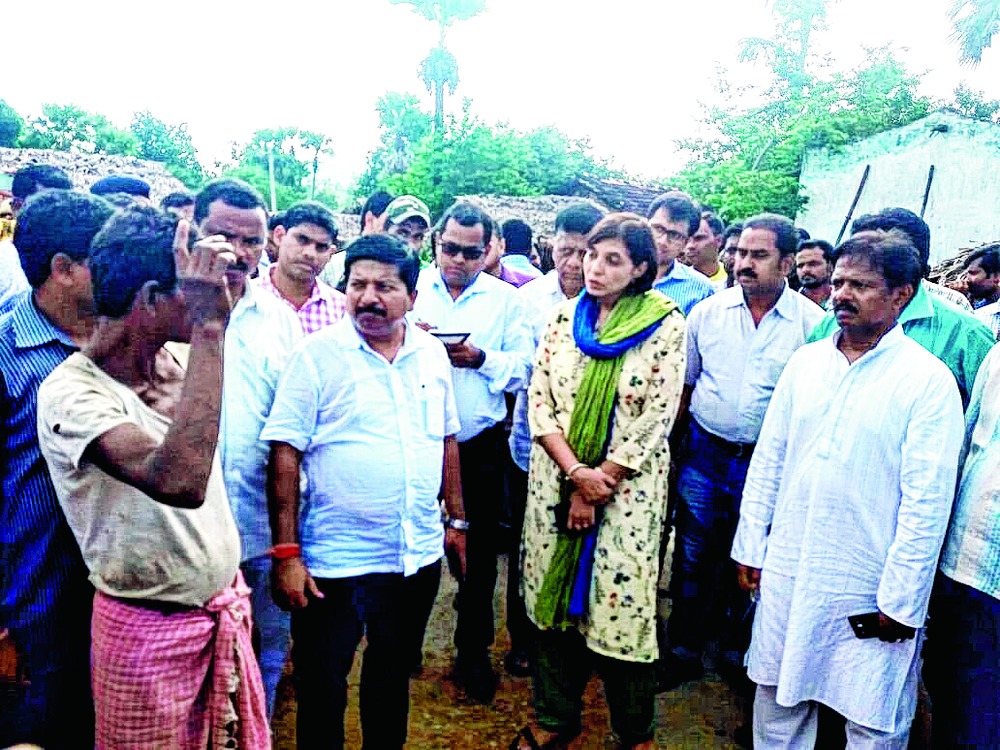
Bhubaneswar, Oct. 3: Japanese encephalitis has broken out in the tribal-dominated Malkangiri district, where the vector-borne disease has claimed 27 lives in the past 25 days.
Health department officials confided that the patients often died in transit as the response time was very short.
"We have stopped sending the patients to referral hospitals and are arranging instant treatment on the spot by the medical team, which is camping in the area," said a senior health department official.
A medical team from MKCG Medical College and Hospital, consisting of paediatric and anaesthesia specialists and paramedics trained in manning neo-natal care units, is camping in the affected area, the official said.
A six-member team, headed by the public health director, has also reached the affected area and would camp there for 10 days to supervise door-to-door disease surveillance, fogging and other preventive measures.
The disease has affected 17 villages in Korkunda, Malkangiri and Kalimela blocks of the district, which is about 600km from here. Several areas of the district, marked by a hilly and forested terrain, remain inaccessible for want of good roads.
Health department sources said three children had died of Japanese encephalitis in the district in the past 24 hours. While two children, who were under treatment at Malkangiri district headquarters hospital, died last night, another succumbed to the disease today in the same hospital.
Speaking to The Telegraph, health service director K.C. Dash said 33 cases of Japanese encephalitis had been reported in the district since September 8. The disease had claimed 23 lives till yesterday.
"This is a vector-borne disease caused by mosquito bite. The virus is transmitted through mosquitoes, which bite pigs first and then human beings. The victims are mostly children. Deaths are taking place within 72 hours of the appearance of symptoms, leaving very little time for response," he said.
Stating that there was no specific drug to treat the disease, Dash said: "Symptomatic management is the only option."
Health minister Atanu Sabyasachi Nayak, who visited the affected villages along with a medical team, told The Telegraph: "We are taking all possible measures to instantly treat the disease. We have requested the veterinary department to isolate the pig population as a precautionary measure."
Pigs are abundantly available in these areas as the tribal people extensively rear these animals and also share space with them.
While animal resources development department secretary Bisnupada Sethy today visited the area, a department team will be sent to the affected areas shortly and blood samples of the pigs would also be collected for examination.
The health minister, who was accompanied by health secretary Arti Ahuja, said Rs 50 lakh was today released to the Malkangiri district administration to combat the disease on a war footing.
The outbreak of the disease at Malkangiri is nothing new. Earlier, the disease had claimed 15 lives in the district between 2011 and 2014. However, no cases were reported last year.










